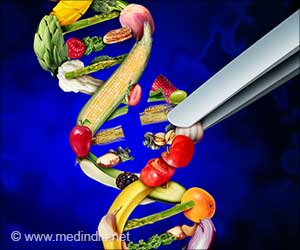Church leaders and human rights campaigners on Wednesday welcomed a ban by the Philippines on organ transplants to foreigners .
Church leaders and human rights campaigners Wednesday welcomed a ban by the Philippines on organ transplants to foreigners but cautioned that loopholes may still allow kidney trafficking to persist.
The health department Tuesday banned most organ transplants to foreigners and vowed tough punishments for lawbreakers to stem a thriving trade in poor Filipinos selling their own kidneys.The highly influential Catholic Bishops Conference of the Philippines and the Philippine Society of Nephrology both called the order a good step in the fight against organ trafficking.
"That is a step in the right direction," said Albert Chua, an official of the grouping of the country's renal disease experts.
But he warned that the government must also address other related issues, including the requirements of thousands of Filipinos who urgently need kidney replacements to survive irreversible renal failure.
The Philippines is a world "hotspot" for human organ trafficking, according to the renal specialists' group.
The kidney doctors and the bishops have raised concerns over the rampant trafficking of kidneys from impoverished and poorly educated Filipino "donors" who part with one of their kidneys for about 3,000 dollars, usually bought by Arab or Western recipients who undergo the surgery in Philippine hospitals.
Advertisement
While the Church is not against organ donation completely, if organs are transferred for profit instead of altruism then it becomes "immoral," he said, citing a pastoral letter issued by leaders of the country's dominant religion earlier this year.
Advertisement
"For foreign patients the ban will be very strong," he said. "I don't think there will be a black market because there is a lot of international pressure and the spotlight is on the Philippines.
"To do a transplant on a foreign patient surreptitiously is going to be very difficult."
He said it would be to government monitors to do checks, but "there aren't that many hospitals doing this, so it will not be difficult to enforce these guidelines."
He added: "The bottom line is there are not enough kidneys to go around if you rely on altruistic voluntary donations or from dead people."
But Amihan Abueva, a Manila-based official of the rights monitor Asia ACTs Against Child Trafficking, said she feared the guidelines would be ignored or that middlemen would find loopholes.
The concern is that traffickers could turn to organs from the dead, since the new rules addressed only organ transfers from "living non-related donors," she told AFP.
"There are no clear guidelines in place," she said.
Source-AFP
SPH /B





